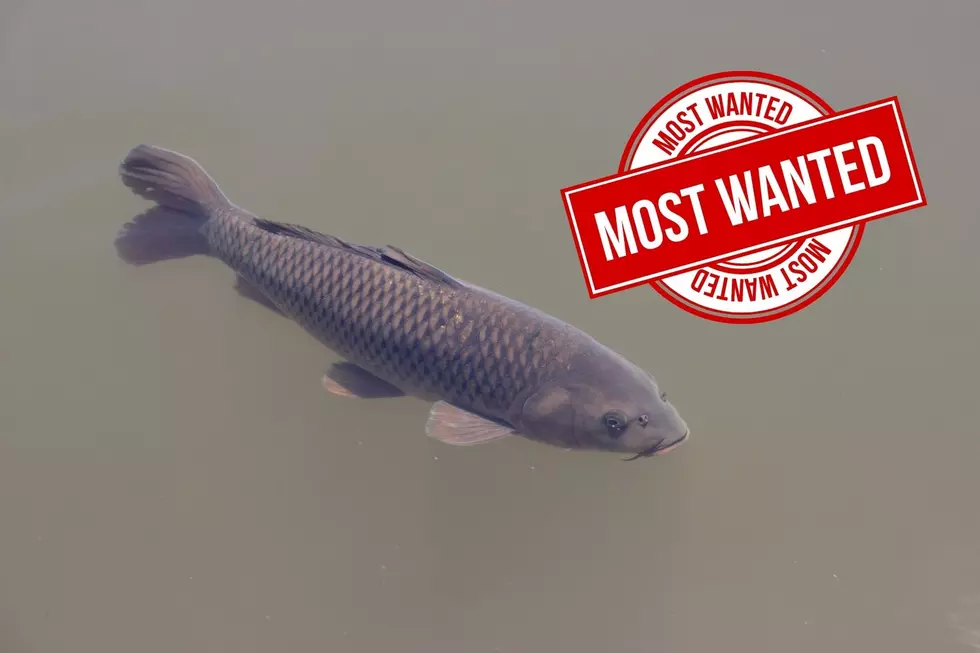
UPDATE: Black Carp Bounty Project Cancelled
UPDATE: The Illinois Dept of Natural Resources has confirmed that as of July 2022, there is no longer funding for this program. We reached out to the Indiana DNR and Kentucky Department of Fish and Wildlife, and the only bounty they "had" was, in fact, Illinois'. So, if you catch a black carp, you are urged to report the fish. No bounty will be issued at this time.
ORIGINAL STORY: If you happen to stumble across a black carp on your next fishing trip, it could score you $100.
There are a lot of folks who like to do some fishing on the Ohio River. Whether you are tossing a line into the river or doing a little bow fishing, you just might happen to catch a carp. Now, there are a few types of carp in our area: common carp, grass carp, and more recently discovered black carp. According to Indiana DNR:
Black carp are native to eastern Asia and were brought to the United States during the 1970-80s as a “contaminant” of grass carp shipments, as a food fish and as a biological control for parasitic trematodes in aquaculture ponds. They have since escaped captivity and have been spreading through the Mississippi River basin. In June 2019, two black carp were captured in the Ohio River about 10 miles downstream from the Indiana state line. In July 2019, three black carp were captured in the Ohio River just downstream of Newburgh Lock and Dam near Evansville, Indiana.

Since 2019, there have been a few more sightings in Indiana, Illinois, and Kentucky. These fish pose a serious threat to our mussel population. Many of the mussel species native to Indiana are already listed as species of special concern or endangered due to pollution and changes in river habitat. So, the Illinois Department of Natural Resources has offered a $100 bounty on black carp carcasses captured in Illinois, Indiana, and Kentucky in the past.
These fish can be caught using traditional baits, however, those who bowfish are more likely to see and catch them. One thing should be noted when it comes to catching black carp, they look very similar to grass carp. The main difference is that black carp are blacker than grass carp, hence their name. DNR has a very helpful identification sheet that you can view here.
See 11 Unique Attractions You'll Only Find in Indiana
Six Kentucky Unsolved Mysteries
The Most Poisonous Plants in Illinois
More From WKDQ-FM









